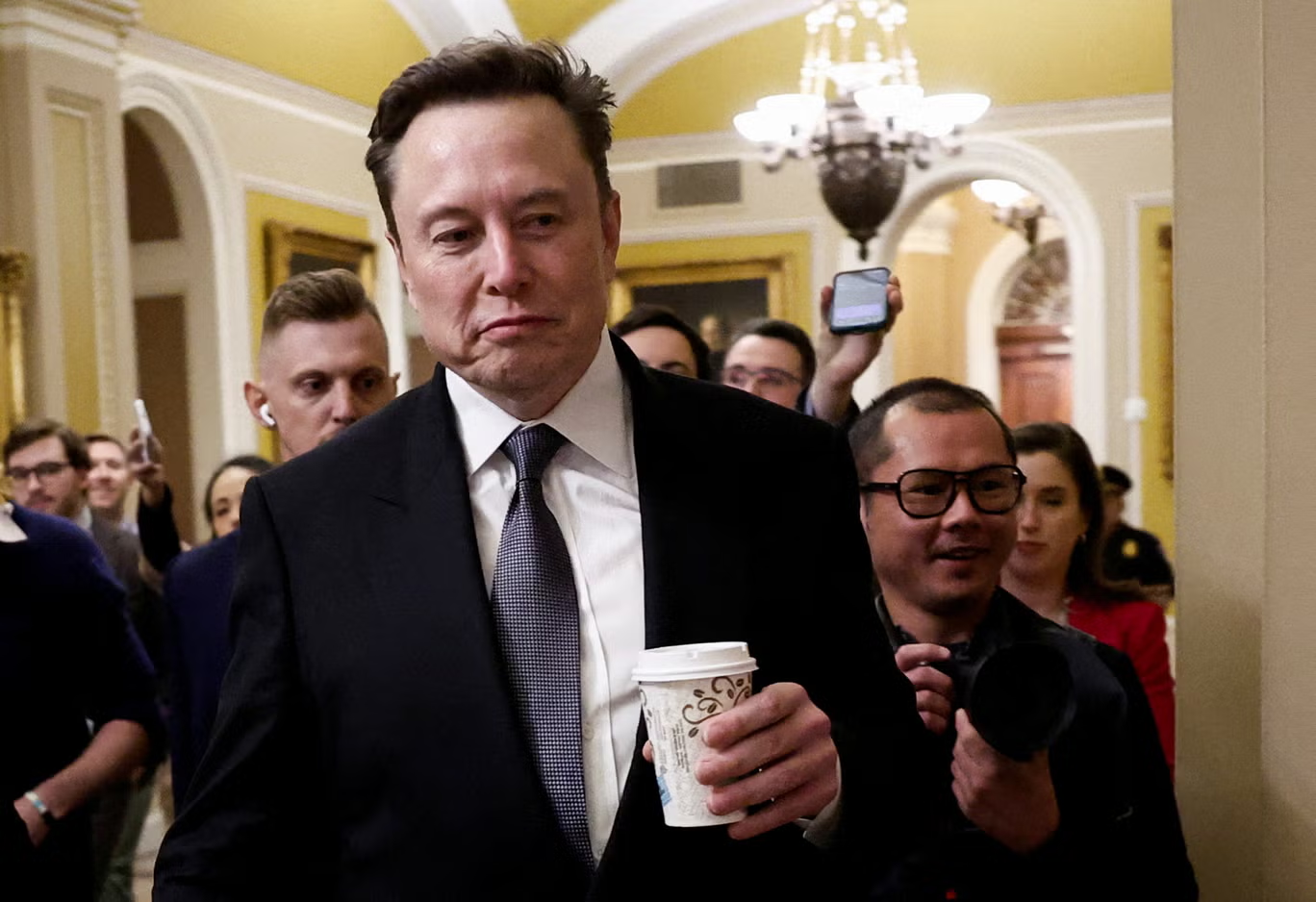Relations between India and Canada deteriorated after allegations that Indian government agents were behind the killing of Hardeep Singh Nijjar, a pro-Khalistan activist gunned down in British Columbia in Canada. Nijjar was a Sikh homeland separatist who was gunned down in June 2023 outside the Surrey Sikh temple he led. Canada accused the Indian operatives of orchestrating his killing-an unprecedented claim of state-sponsored assassination on foreign soil.
Canadian Prime Minister Justin Trudeau first made the allegations public when he said that Canada had “credible evidence” of Indian agents’ involvement in Nijjar’s assassination. The next steps taken by the countries were the expulsion of several of each other’s most senior diplomats. According to the Foreign Minister Mélanie Joly, the actions taken by the government of Canada were founded on concrete evidence from the investigations of the Royal Canadian Mounted Police linking the murder with the involvement of the Indian state.
These allegations have been dismissed by India as “preposterous” and politicized. According to Indian officials, Nijjar-a terrorist designated by India in 2020-was engaged in anti-India activities, which included organizing an attack against Indian interests. The Ministry of External Affairs of India reproached the Canadian government for harboring Sikh separatists and failing to prosecute those on its soil who advocate for the Khalistan movement.
The assassination allegations have fuelled fears extending beyond the border of Canada. There have been reports linking Indian agents to other plots that have targeted Sikh activists abroad, including in the United States. U.S. officials reportedly are holding a close watch on the developments as similar charges were said to implicate Indian operatives in a foiled assassination plot on a prominent Sikh activist in New York in 2023.
The diplomatic row has heightened tensions between India and Canada, amid warnings from experts the situation could further damage their bilateral relationship. Traditionally, both countries have maintained close trade ties and cooperation in security matters. But friction has long been wrought by India’s focus on curbing Sikh separatism abroad and a large Sikh diaspora in Canada.
The unfolding controversy underlines the risks of transnational repression and a growing concern that state-sponsored violence has become a tool of political suppression. As investigations unfold, international observers are watching whether these allegations might mark a new trend in global geopolitics where diplomatic norms are tested to their limits by clandestine operations.
IMAGE SOURCE










